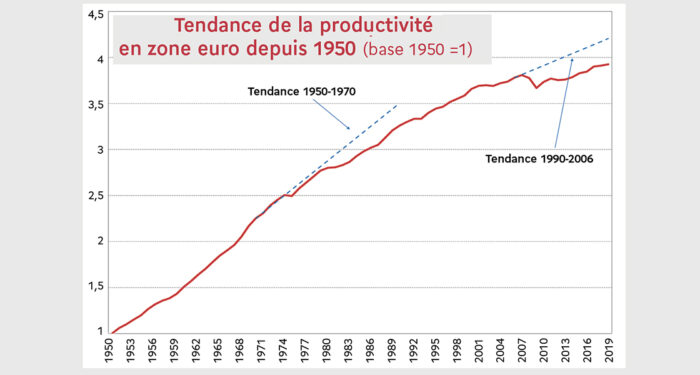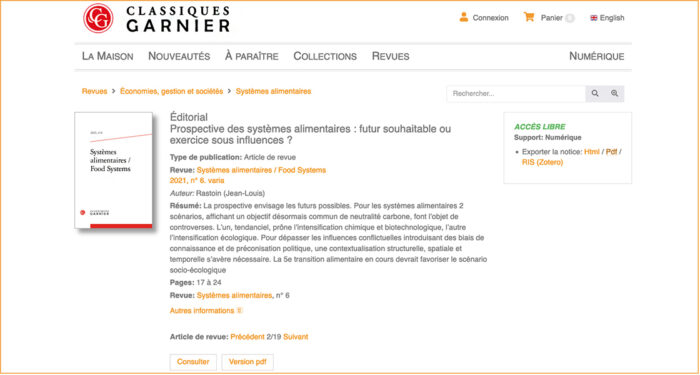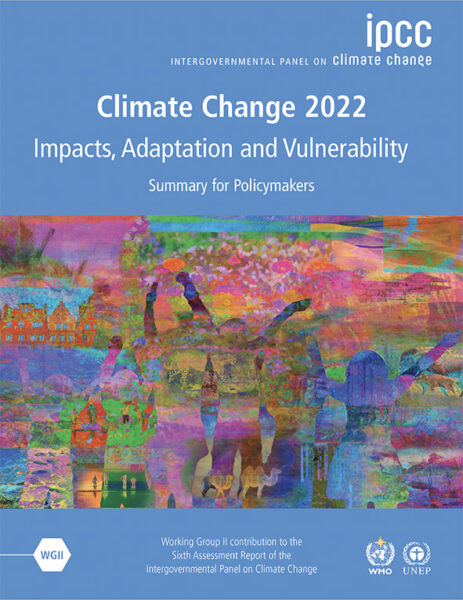In the current context of climate change and the exhaustion of resources, the question of humanity’s survival returns to the agenda with some regularity (cf. Jared Diamond, Joseph Tainter, André Lebeau etc). Futuribles has reflected this concern on several occasions (including in the last issue –no. 404– with Pierre Bonnaure raising the question of the long-term prospects for our civilization). On this occasion, it is by way of a long-run analysis, taking account of the dynamics of living (plant, animal and human) systems, that Thierry Gaudin approaches the subject.
The author focuses here on the estimation of the probability that an event will occur and, hence, on the virtues and limitations of forecasting exercises. He reminds us that living systems naturally evolve by a logic that is neither totally subject to chance nor entirely deterministic, but half-way between order and disorder. He stresses, for example, the part played by surprise and emotion, and also their influence on our representations of the world (Nassim Taleb’s “black swans”) and shows that the propensity of living systems to reorganize when stimulated by unexpected information is crucial to their staying alive, but that this inevitably restricts our forecasting capacities.
Having stressed the usefulness of a degree of disorder that is essential to life, Thierry Gaudin demonstrates the extent to which the multiple crises afflicting our planet over more than half a century show up the limits of a system whose mechanisms are hobbled by a model of governance dictated by a single monetary logic. Drawing a parallel with the situation that prevailed in Europe in the late Middle Ages, he concludes that such a structure is currently reaching a limit-point beyond which collapse and decline seem inevitable, unless common goods are put back at the heart of our institutions and we diversify monetary creation.



